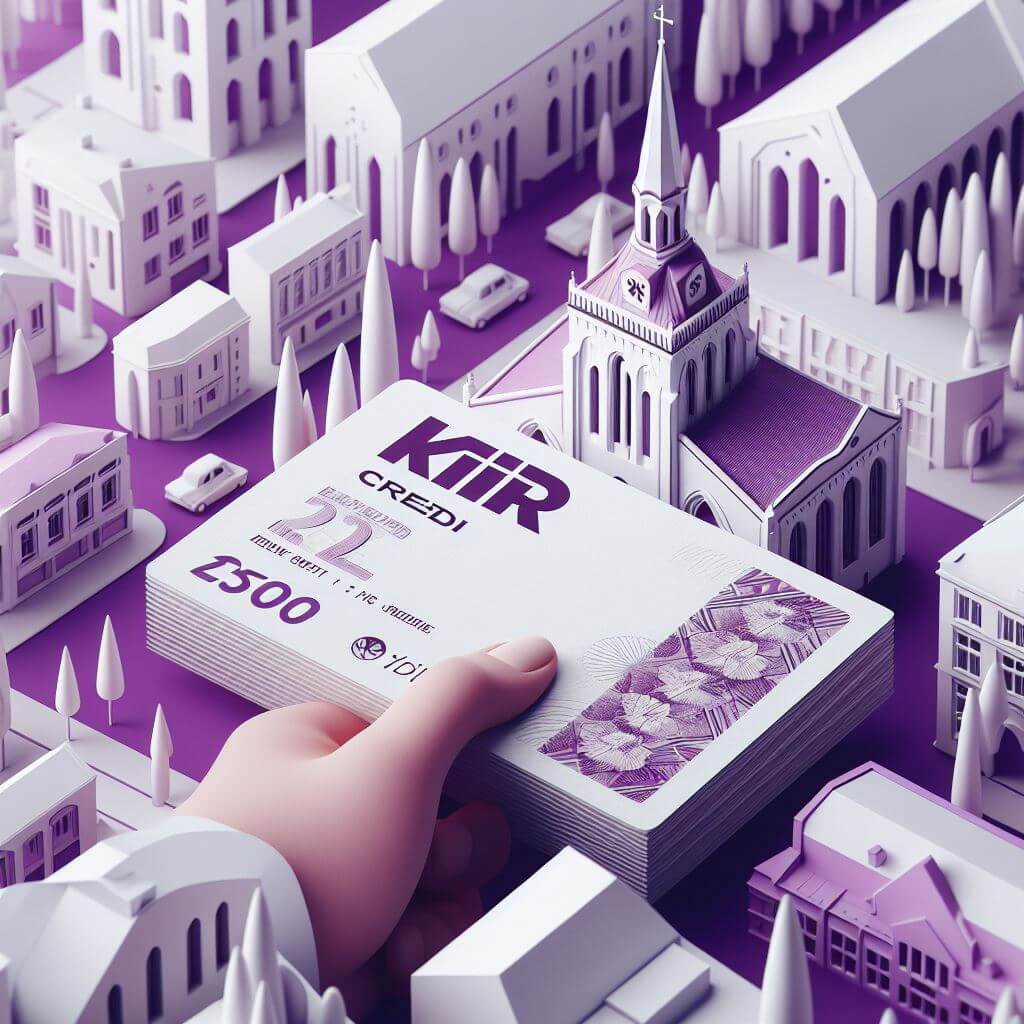Loans for people with debts have many options. One option is to take out a loan to pay off debts. This can be a good option for people who are able to make their loan repayments and have a good credit history. There are many loans available, so it is important to shop around and compare prices before choosing a loan. Another option for people in debt is to work with a debt relief company. These companies can help negotiate lower interest rates and monthly payments with creditors. They can also help with budgeting and other financial advice.

Loans from €600 to €20 000
Loan period 12 to 84 months (7 years)
Many people have fallen into debt and now those same people are struggling to rebuild their credit scores. Unfortunately, the process of rebuilding credit can be complicated and often takes years. As a result, many people find that they are unable to get loans or other forms of finance because of their poor credit rating. But it is possible to get a loan for people with bad credit; all you need is the right tools and resources. In this article, we will discuss some tips and tricks to help debtors get a loan even if they have bad credit.
How to get a loan with bad credit
If you have bad credit, getting a loan may seem impossible. But even if you have a low credit score, there are still ways to get a loan. Here are some tips on how to get a loan with bad credit:
- See government-backed loans. These loans are provided by the federal government and usually have less stringent credit requirements than other types of loans.
- Check with community banks and credit unions. These lenders may be more willing to work with you if you have bad credit.
- Consider a secured loan. With this type of loan, you put up collateral – such as a savings account or property – to secure the loan. This can make it easier to get a loan, even if your credit score is low.
- Try peer-to-peer lending. With this option, you borrow money from individuals instead of a financial institution. There are a number of online platforms that facilitate peer-to-peer lending, so you can easily find lenders who may be willing to lend to you even if your credit is not perfect.
- Use a co-signer. If you can find someone with good credit who is willing to co-sign your loan, it can increase your chances of getting approved for financing. Keep in mind that a cosigner is legally responsible for repaying the debt if you default on the loan.

Loan From EUR 500
Different types of bad credit loans
There are different types of bad credit loans. The most common type is a secured loan, which uses your home or other property as collateral. If you default on the loan, the lender can take your property. Other types of bad credit loans are unsecured personal loans, mutual loans and payday loans. Each of these has its pros and cons, so make sure you check before you sign a loan agreement.
What to avoid when getting a loan with bad credit
If you have bad credit, it can be difficult to get a loan from a bank or other traditional lender. However, there are some options available to you. Here are some tips for getting a loan with bad credit:
- Avoid fee-based loans. Avoid payday loans. 1. Payday loans are usually short-term, high-interest loans that can be very difficult to repay. They can also trap you in a debt cycle if you’re not careful.
- Look for lenders who specialise in loans with bad credit. There are some lenders who specialise in lending to people with bad credit. These lenders may be more likely to approve your loan and offer more favourable terms.
- Consider a secured loan. A secured loan is a loan where you put up your home or car as collateral, for example. This can make it easier to get approved for a loan and give you better terms.
- Before applying for a loan, raise your credit score. If you have the time, work on improving your credit score before applying for a loan. This will give you a better chance of getting approved and may help you get better terms.

Loans from €600 to €20 000
Loan period 12 to 84 months (7 years)
How to improve your chances of getting a loan with bad credit.
There are some things you can do to improve your chances of getting a loan, even if you have bad credit. First, try to find a co-signer with good credit. This will help the lender see that you are serious about repayment and improve your chances of getting a loan. Second, try to find a lender who specialises in loans for people with bad credit. There are many lenders who are willing to work with borrowers with less than perfect credit. Third, make sure that you pay off your existing debts. This will show lenders that you are able to make timely payments and improve your chances of getting a loan. Finally, make sure you make a large down payment. A larger down payment shows that you are committed to taking out a loan and gives the lender more confidence in approving your loan.
Navigating the financial landscape with bad credit
In today’s credit-driven society, a bad credit score can create significant financial obstacles. From obtaining a loan to renting an apartment, bad credit can hinder your financial goals. However, it is important to remember that you are not alone. Millions of Americans face similar problems, and there are steps you can take to improve your credit and gain access to the financial opportunities you deserve.
Understanding the impact of bad loans
Bad credit, often characterised by a low credit score, can damage your financial well-being. Lenders perceive people with bad credit as higher risk borrowers, leading to higher interest rates, tighter credit conditions and even loan refusal. This can make it more difficult to finance major purchases such as a car or a home, and increase everyday costs such as insurance premiums.
Overcoming credit problems
Despite poor credit, there are effective strategies you can use to rebuild your creditworthiness and regain financial control. Start by obtaining a copy of your credit report from each of the three main credit bureaus – Experian, Equifax and TransUnion. Review these reports carefully to identify any errors or discrepancies that could negatively impact your scores. If you find any inaccuracies, file a dispute with the respective bureaus to correct them.
Creating positive credit habits
Building a strong credit history requires a commitment to responsible financial management. Start by making timely payments on all existing debts, including credit cards, student loans and personal loans. Even small delays in payment can significantly damage your credit score. In addition, consider lowering your credit utilisation rate, which is the percentage of existing credit you currently use. Try to keep your credit utilisation rate below 30% to demonstrate responsible credit use to lenders.
Seek professional advice
If you are having difficulties managing your debts or rebuilding your credit, do not hesitate to seek professional advice. Credit counsellors can offer personalised advice and support to help you develop a debt management plan and improve your credit score. They can also help you negotiate with creditors and explore debt consolidation options to facilitate repayments.

Loans from €600 to €20 000
Loan period 12 to 84 months (7 years)
If you are looking for a loan and have bad credit, there are options. Following the steps outlined in this guide can help improve your chances of getting a loan. Before applying for a loan, it is important to pay attention to credit score improvement tips and work to improve your financial situation so that you have a better chance of being approved for a loan. Navigating the process can be tricky, but it’s not impossible – with some research and commitment, you can secure the financing you need even if your credit history isn’t perfect.
Remember that improving your credit score is a journey, not a destination. By adopting responsible financial habits and seeking advice when you need it, you can gradually rebuild your credit and open the doors to a brighter financial future.